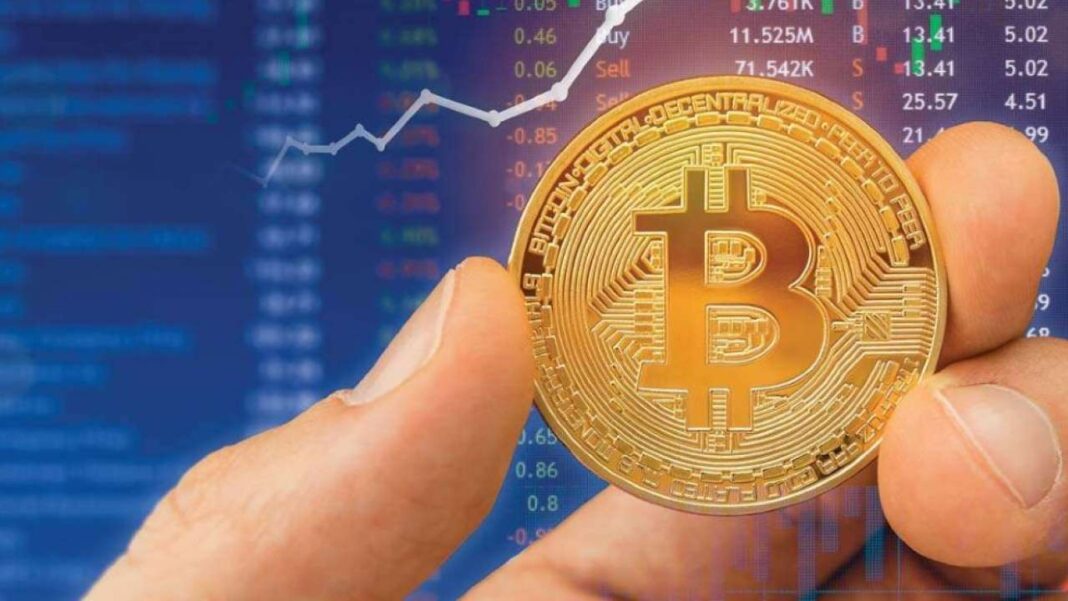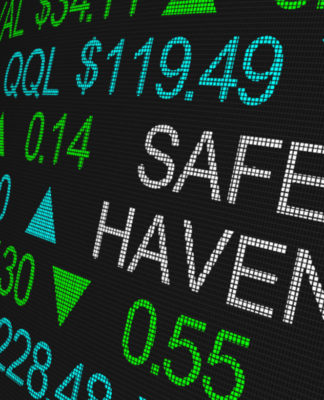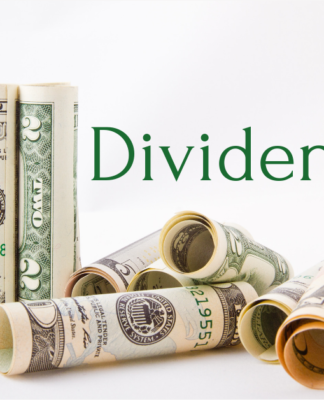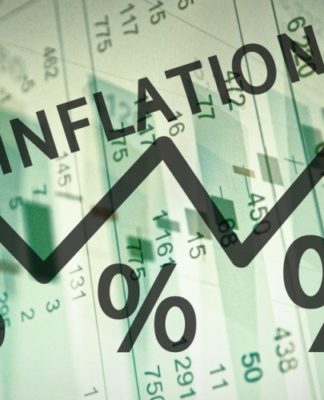First appearing in 2009, Bitcoin quickly skyrocketed from a tech-lovers novelty to an alternative to legitimate investments to a multi-million dollar explosion that, ironically, wound up enticing the very status quo channels it had initially intended to overthrow. Is Bitcoin, however, everything its lucrative exterior appears to be?
The word “BOOM!” cannot be over accentuated here. It may very well be just as many parts catastrophic in its detriment as it will be in its value and exponential success. The rise of Bitcoin has been, in many ways, fueled by FOMO (fear of missing out) as opposed to any measure of fundamentally sound finance.
Bitcoin is not a true currency
We could sit around all day debating the potential legitimacy or illegitimacy of Bitcoin. Initially, it was created as a channel for financial exchange, and in that respect it could, technically, be considered a “currency”. Though even with all the publicity, prominence, and popularity it has garnered since its initial launch, we’re not exactly at the point yet where one could stroll down to the corner store and buy a dozen eggs using Bitcoin. In fact, as it stands, one would need to convert any bitcoin they had into real, local currency in order to make real-world purchases (at present time) in order to really extract a tangible value from it. The fact is, at present, Bitcoin lacks any real underlying or intrinsic value in real-world markets. In terms of real-world value, commodities like orange juice, gold and oil have more intrinsic value than Bitcoin. Economies are regulated, and as such, ultimately depend on fiat currencies (like the US dollar or the Japanese yen, for example). The value ascertained by cryptocurrencies like Bitcoin (and others) is based solely on their demand within a loosely structured market. A market that is otherwise anchored by fiat currencies like the US dollar.
So what? I can make so much money
Very true. And had you been smart enough, lucky enough (or a combination of the two) to buy Bitcoin at its onset, you’re likely laughing your way through this article, based on the amazing value increase you’ve enjoyed as a result of getting in early.
But for those who didn’t, are you willing to bet your future on that now?
If you’re feeling lucky and brazen, then by all means, more power to you.
But never discount volatility.
Bitcoin reached a high of 56,000 USD in the last week of February 2021 before nose-diving to around USD 45,000. That’s approximately 20%. Now, granted, 45,000 US dollars is still a great deal of money, and if you had purchased Bitcoin when it was still in its infancy, at 5,000 or 10,000 US dollars, that would equal a staggering profit margin. However, when demand (and demand only) is the only driving force behind a currency, extraordinary vigilance is required. As stated before, you still, technically, have to cash out your Bitcoin to make real-world purchases in legitimate currencies.
And then there are the cryptocurrency scams
It’s not as if you can waltz on down to your local bank and buy Bitcoin, now can you? The cryptocurrency boom, while legitimate in many ways, has also created a vacuum rife with scammers pushing garbage coins that appear legitimate. They entice you into thinking it’s the next big thing, you put your money in, it spikes radically during a very short window of time, and then plummets. The people who make the money? Generally the ones who produced the coin in the first place.
Bitcoin (and to a greater extent, lesser coins) are also subject to being hacked by shadowy actors on the global scale and even email; scamsters who take full advantage of inexperienced investors. Do you even know the difference between hot storage and cold storage? If not, you may want to pump the brakes before you invest.
So what should you do in this situation? Obviously, doing as much research and due diligence is paramount to fully understanding what it is you may or may not be getting into, as an investor. Ultimately, though (and particularly with newer, cutting edge financial platforms like crypto), it’s probably safest and soundest to consult with a tried and trusted financial advisor, such as myself. This is what I do for a living and I take it seriously. I can explain the ups and downs- the ins and outs- of an investment like cryptocurrency so that you know exactly what you’re looking at before making a financial decision that might, without full clarity, otherwise prove quite risky.
Richard Meyer Cayne a native of Montreal, Quebec Canada has been in Asia for over 25 years. Having relocated to Tokyo Japan in the mid 90’s and working in the Wealth Management space. In the year 2000 Richard started Meyer Asset Management Ltd in Tokyo Japan which had a Japanese High Net Worth Client focus.
Richard Meyer Cayne has helped many High Net Worth Families with issues such as wealth accumulation, succession planning as well as overall portfolio construction and management using modern portfolio theory. Richard Cayne has helped from both very basic beginner portfolios to advanced extensive portfolios and has assisted thousands of Japanese accomplish their financial planning goals and objectives. Richard continues to try and make a difference in his client’s lives and always encourages his clients to discuss their family’s finances with their children in the hopes of getting them involved in understanding how the family can preserve and grow its wealth and contribute new ideas towards the common goals of the family.
In 2010 The Meyer Group was acquired by Asia Wealth Group Holdings Ltd listed on London’s AQUIS Stock Exchange














